This article is much more focused on the producers and the production companies that financed and created these movies rather than the animators themselves. After all, without the authority and decisions of the producers and production company, we wouldn't have as many of these movies (the good and the bad) as we do now.
Lackluster Sequels
This may be the saddest part of the competition in animation movies. Once a movie becomes popular, it's time to start the franchise, which means rolling out a bunch of crummy sequels that only feature the main characters from the last movie and none of the charm and drama of the hit classic that's based on.
It's especially sad seeing Disney stoop so low as to create sequels for movies that came out decades ago. You may not have realized these existed, so I'm sorry if I burst your bubble by showing you the following.
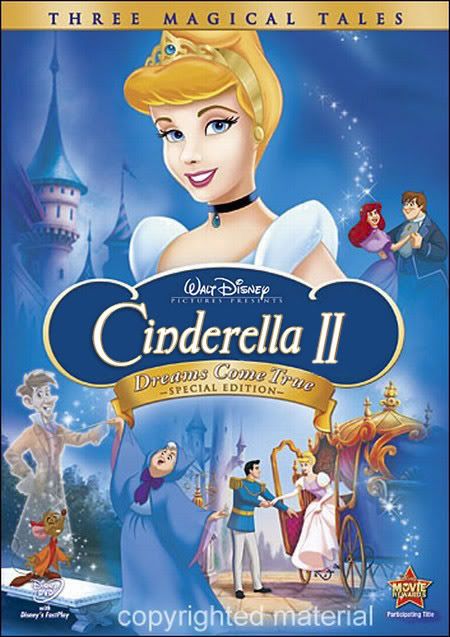
These are just some of a handful of the home video sequels that Disney has produced.
Don Bluth himself may not be involved with any sequels that followed his main theatrical hits, but it is sad to see companies try to make money off of his team's creation with poor follow-ups.
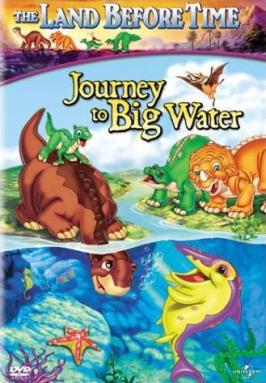 |
| This is just the tip of the Land Before Time sequels iceberg |
Then there's Dreamworks. I mentioned in my Dreamworks article about how as soon as they had a hit movie (Shrek, Madagascar) that they have tried their hardest to make that single hit into a cash cow franchise. Shrek somehow managed to spawn four sequels, one of which is a spinoff featuring a side character in a lead role.
Madagascar gained two sequels, a TV show, and holiday specials.
I'll just sit here and wait for Kung Fu Panda 3 and How to Train Your Dragon 4 to show upin theaters. It's bound to happen.
Do These Movies Look the Same?
A quick sidenote intro to this section. Did anyone else think that the dinosaurs in The Land Before Time looked pretty similar to the design found in Fantasia?
 |
| Those T-Rexs look way too similar. |
This is not the only time that this weird phenomenon would occur. Shark Tale (2004), an underwater comedy about fish and featuring goofy shark characters happened to come out just after Finding Nemo (2003), which was an underwater comedy about fish and featured goofy shark characters.
Flushed Away (2006), a movie starring talking rodents, was introduced to audiences just before Ratatouille (2007), a movie starring talking rodents. The Incredibles (2004) was such a hit that Dreamworks did their own unique twist on the superhero comedy genre in the form of Megamind (2010).
I think the only time that a Dreamworks Animation doppelganger became a bigger hit than the Disney counterpart was Madagascar (2005). The basic plot is that a group of animals, led by a lion, escape from the Central Park Zoo and find themselves in the wild of the big island off the African coast. Disney came out with a movie called The Wild (2006) which was about a group of animals, who are led by a lion, escaping from the Central Park Zoo and find themselves in the wild of...Africa. Now, it could be that since Pixar wasn't attached to the project that The Wild was not as good, but my point is that incredibly Dreamworks, in its attempt to copy the works of Disney/ Pixar, somehow managed to create a franchise while Disney's version just somehow fell flat and became an unknown failure.
 |
| Did you honestly know this was a thing until you read about it here? |
Pop Star Writes Soundtrack:
In case you did not know this already, the main man you can thank for the catchy tunes from The Lion King soundtrack is Elton John. This majestic piano man is most directly responsible for "Can You Feel the Love Tonight?" staying in the finished cut of the movie, but he also helped compose the rest of this now classic music score.
Did you also know, however, that Elton John was pulled in to compose the music for a rival movie just a few years later. Dreamworks Animation managed to have the man responsible for "Tiny Dancer" also become responsible for the soundtrack to their movie Road to El Dorado. The catchiest of the tunes (i.e. the one that's hardest to get out of my head) is "The Trail We Blaze".
Elton John is not the only pop radio singer to lend his writing craft and voice to a major animation production. Barry Manilow (not to be confused with Rod Stewart) also crafted some songs for animated movies in the 90s.
 |
| Seriously these guys could be twins |
Straying Far Away From Original Story
This is a problem with a lot of movies, whether they are based on true events or if they are based on previous stories written in book form. However, we can see comparisons between the way that Disney totally changed different types of stories and how their competitors followed suit.
For the sake of keeping this short, let's just examine each studio's take on a historical tale.
We all remember Disney's Hercules right? We remember how, according to Disney, Hercules was born a complete god, who grew up an outcast among humans and his main teenage romantic crush is Megara. However, in the original myths, Hercules was only born a demigod (Hera was not his mother, but often a main antagonist because she was jealous of Zeus' relationship with Hercules' human mother). Yes, he was super strong and proved himself a hero, but a lot of the main tasks that he does (slaying the hydra, battling giant boars and harpies, etc.) come after he married Megara, had a couple of kids with her, and then was driven crazy by Hera and killed his family and his tasks are his penance for those sins.
Dreamworks created The Prince of Egypt based on the story of Moses from the Pentateuch. They readily admit in the opening that it is not an exact translation/ interpretation of the original story, which is good, because some audience members would probably be have issues with the movie otherwise In the Pentateuch, Moses is found in the river as a baby, but then in the next paragraph, he's a full grown man who is exiled after killing an Egyptian to protect a Hebrew. None of this chariot-racing brotherly love stuff that was in the Dreamworks movie. In fact, Dreamworks was so focused on the relationship between Moses and Ramses that they seem to race through the plagues and the Passover, which are very important moments in the life of Moses and the Hebrews.
Don Bluth's team may not have gone very far back in history, but they do have one historical-based movie. Anastasia. Sure, they tried to make this movie as fictional and fantasy-based as possible, but maybe they would have had an easier time doing that had they not based the plot on real events in Russian history (as well as real rumors about the Grand Duchess Anastasia). It's not just the life of Anastasia herself that's turned into fantasy, but also the portrayal of Rasputin was very far off from the real deal (who was actually creepier than the movie version). In fact, the realest moment in the movie was the revolutionaries storming the castle.
Just one more part of this series to go and it should be the most fun. In the next post, we'll theorize what the future of animated movies will look like, all based on what has happened over the past two and a half decades.







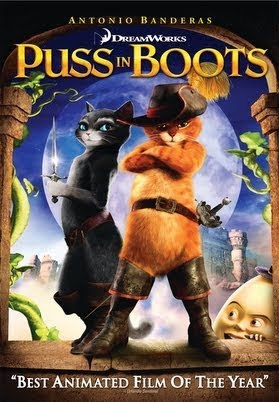
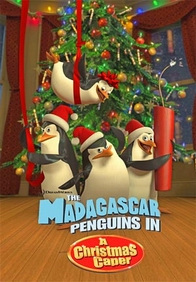


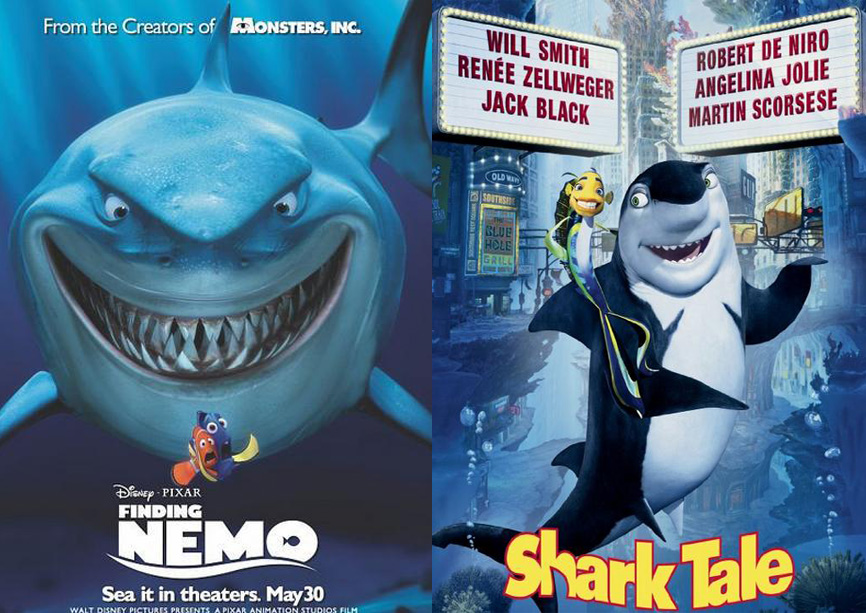
No comments:
Post a Comment